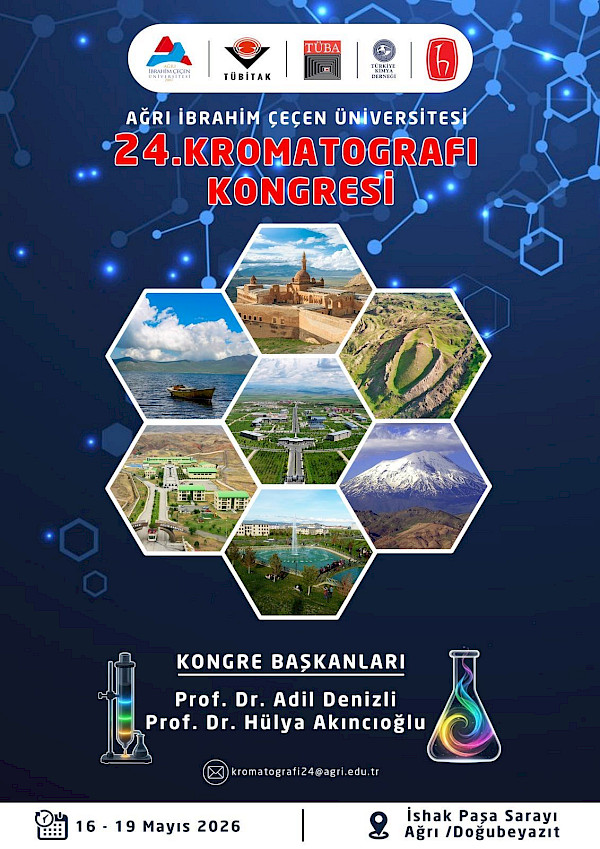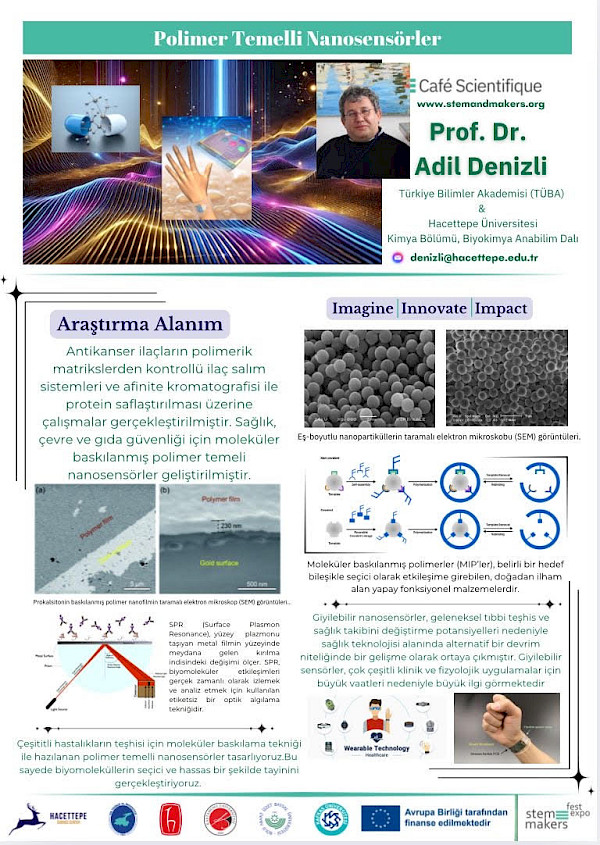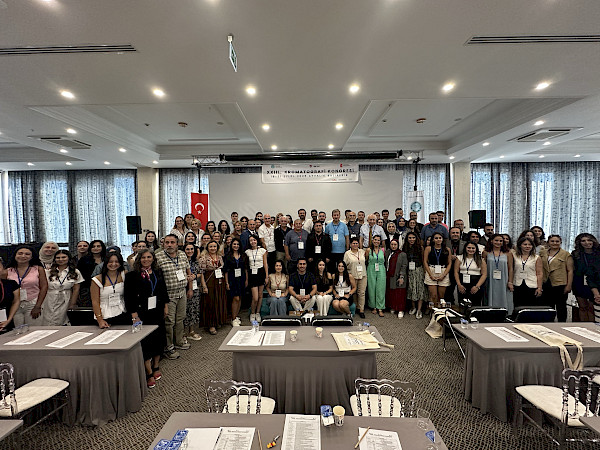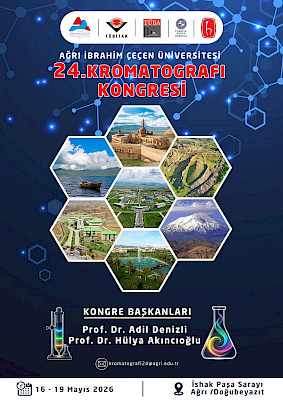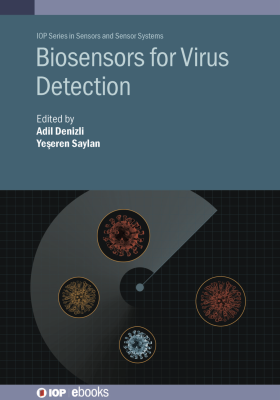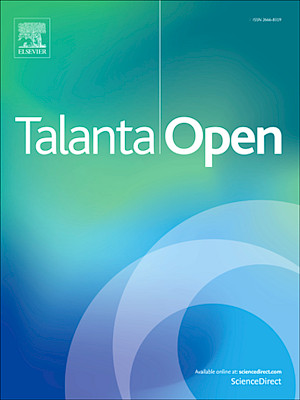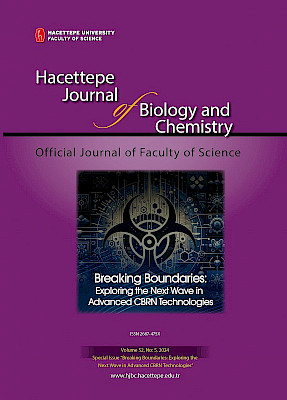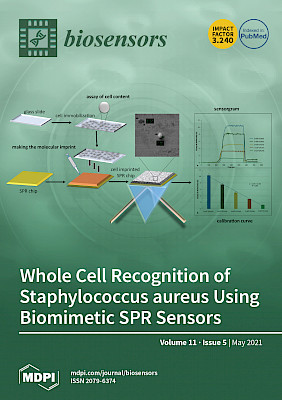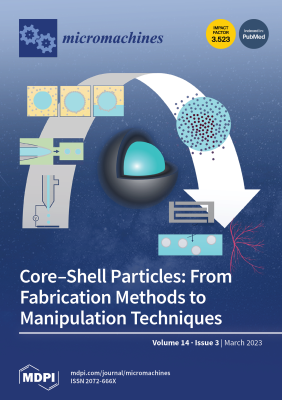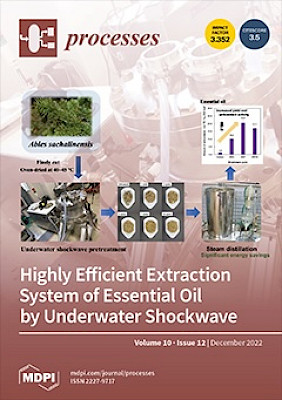Prof. Dr. Adil Denizli was born in 1962 in Ankara. In 1985, he graduated from the Department of Chemical Engineering at Hacettepe University, Ankara, Turkey. He received his Master of Science (MSc) degree with the thesis on “Controlled Delivery of Anticancer Drugs from Polymeric Matrices” in 1986 at Hacettepe University. He got his Doctor of Philosophy (PhD) degree with the thesis on “Specific Sorbents for Hemoperfusion” in 1992 at Hacettepe University. He became an Associate Professor of Chemical Technologies in 1994. Dr. Denizli is a Professor in the Department of Chemistry, Hacettepe University since 2000. Dr. Denizli has written over 600 articles and 40 book chapters. He published more than 150 popular science articles. He has 4 patents. He is one of the most-cited scientists in the chemistry and engineering field (over 23,000 citations, h-index of 77). He served as an associated member of the Turkish Academy of Sciences from 1999 to 2007, and as a full member since 2007. Dr. Denizli has received “The Scientific and Technological Research Council of Turkey (TUBITAK) Encouragement Award” in 1998 for his studies on “Biomedicine, Biotechnology and Environmental Applications of Polymeric Matrices.” He also received the TUBITAK Science Award and Basic Science Award of Popular Science Magazine in 2006. He was elected as the most publishing scientist of Hacettepe University between 1995 and 2005 by COMSTECH. He is an editor of the “Protein Chromatography and New Generation Polymeric Systems” (2010) and “Affinity Based Biosensors I and II” (2015–16) books and the writer of “Bioseparation and Polymeric Carriers” (Turkish Academy of Sciences Press, 2011) and, Turkish translation editor of “Stryer’s Biochemistry” (Palme Press, 2014) and “Principles of Chemistry: A Molecular Approach” (Nobel Press, 2015) books. He is also a chief editor of 15 books of 50th Year of Hacettepe University. He is an Editorial Board Member of 39 journals. He has supervised 62 MSc and 47 PhD theses, 5 post-doctoral, and 5 visiting researchers up to now. He organized 20 “Chromatography Congress” and 14 “Affinity Techniques Congress", 6 Graduate Summer Schools, and 4 Graduate Course. His main research fields are molecular imprinting technologies, affinity chromatography, biosensors based on synthetic receptor technology, production of polymers have different surface and bulk properties, shape and geometries, application of these polymers in medicine and biochemistry. He is married to Dr. Fatma Denizli and has one child (Alp Denizli).
